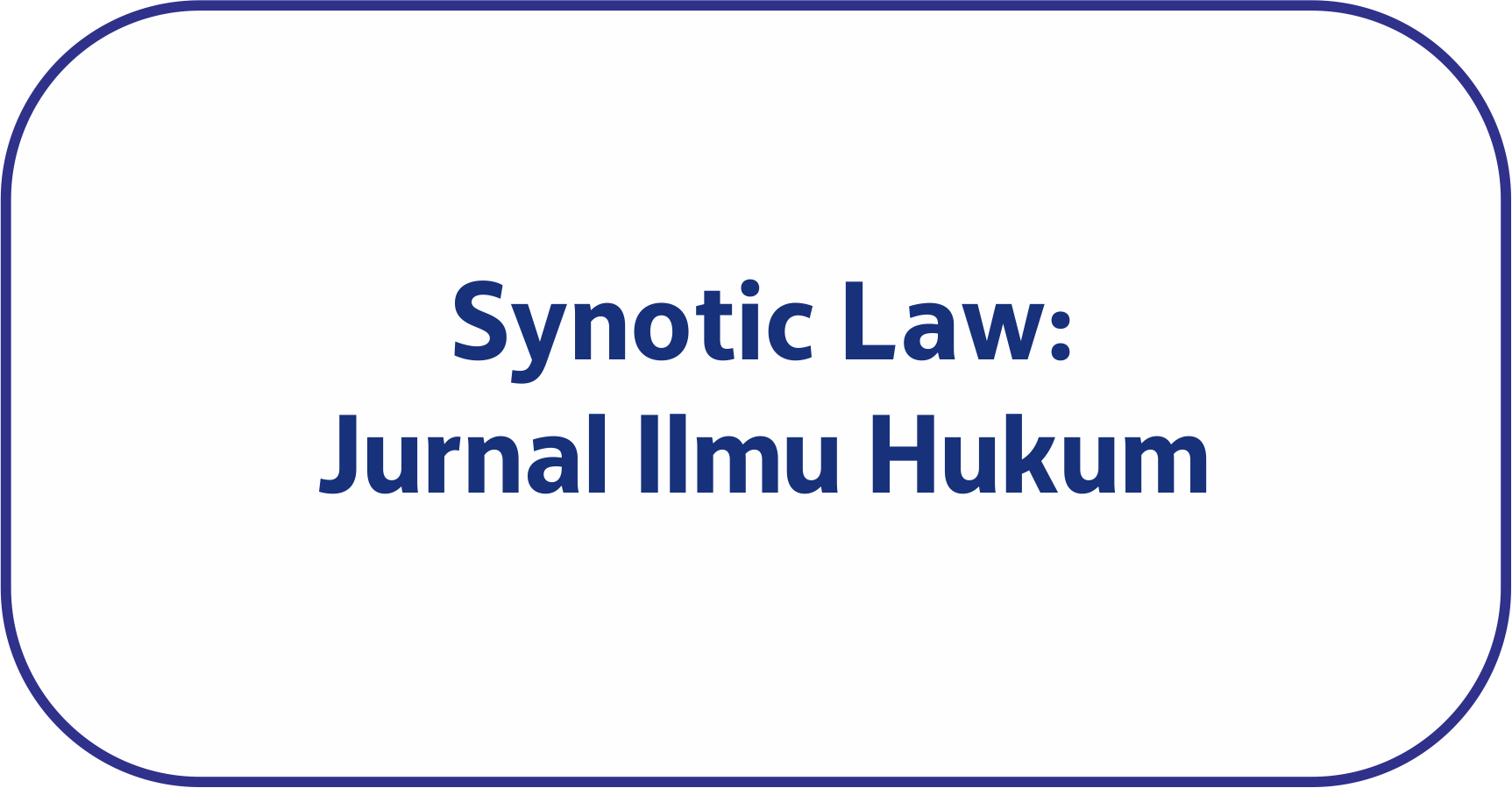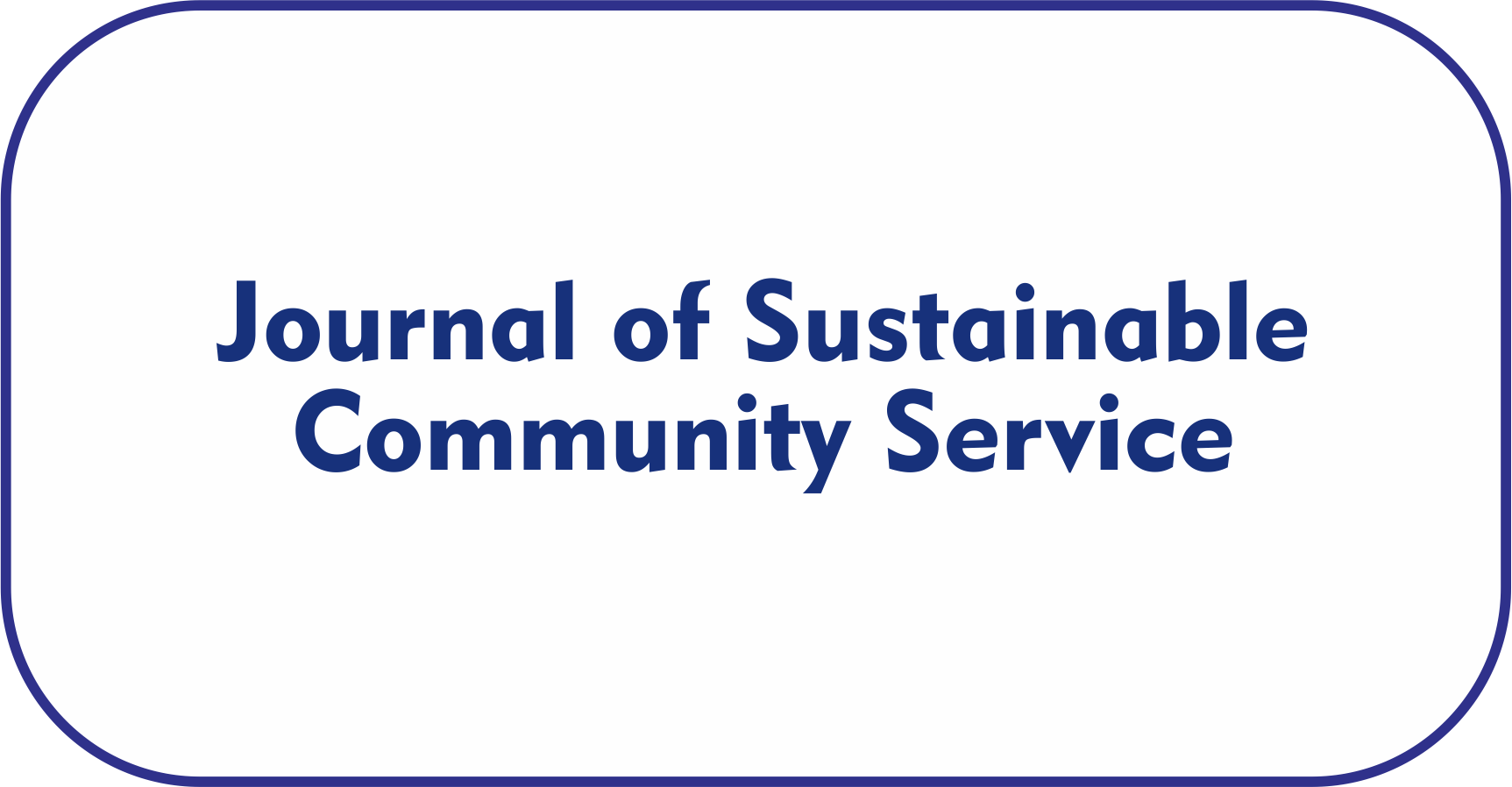The Role of Islamic Loans in Advancing Financial Inclusion and Socio-Economic Development
Main Article Content
Ramzi Abdullah Ahmed Hassan*
This study explores the role of loans in Islam in fostering financial inclusion and addressing various economic and social challenges, particularly in Muslim-majority countries. By adopting a comparative research methodology, the research evaluates how Islamic loans differ from conventional financial instruments in promoting inclusive economic growth, alleviating poverty, and supporting community development. It investigates the challenges of Islamic loans, including accessibility, regulatory constraints, and cultural perceptions, while also exploring the potential benefits and limitations. Additionally, the study highlights the significant role of Islamic financial literacy in enhancing financial inclusion, focusing on how well-informed communities can better utilize Islamic financial services. The paper underscores the importance of Islamic finance, including tools like microfinance, zakat, and risk-sharing contracts, in contributing to poverty reduction, wealth redistribution, and overall economic stability. Through this analysis, the study presents a comprehensive understanding of how Islamic finance can serve as a powerful tool for sustainable economic development and financial inclusion.
Abdullah, A. (2024). The effect of financial technology on the promotion of financial inclusion in Arab nations. Al Bashaer Economic Journal, 10(2).
Al-Samarrai, S. (2018). The Role of Islamic Banks in the Achievement of Financial Inclusion’s Dimensions in Jordan. Al-Albayt University.
Elfi Barus, E., Syahrial, M., Muchtar, E. H., & Trianto, B. (2024). Islamic financial literacy, islamic financial inclusion and micro-business performance. Revista Mexicana de Economía y Finanzas, 19(1).
Er, B., & Mutlu, M. (2017). Financial inclusion and Islamic finance: A survey of Islamic financial literacy index. International Journal of Islamic Economics and Finance Studies, 3(2).
Farhat, A. A. S. (2023). Green Company, And Its Financial Transactions From An Islamic Jurisprudence Perspective. Journal of Pharmaceutical Negative Results, 434–445.
Halim, F. A. (2014). Legal Authority in Premodern Islam: Yahya B Sharaf Al-Nawawi in the Shafi’i School of Law. Routledge.
Hassan, R. A. A. (2024). Financial Inclusion in Muslim-Majority Countries: Overcoming Economic and Social Challenges Through Islamic Lending. Invest Journal of Sharia & Economic Law, 4(1), 46–73.
Kammer, M. A., Norat, M. M., Pinon, M. M., Prasad, A., Towe, M. C. M., & Zeidane, M. Z. (2015). Islamic finance: Opportunities, challenges, and policy options.
Kashi, M. (2017). The role of Zakat in achieving economic and social development. Sharaia and Economic Journal.
Khuri, F. I. (2014). Imams and emirs: state, religion and sects in Islam (Vol. 3). Saqi.
Lone, N. A., & Karima, Y. (2019). Islamic Finance: An Alternative Approach to Financial Inclusion. Insight Islamicus, 19, 155–162.
Muhammad, A. A., Aminu, J. A., Ardo, A. M., & Muhammad, I. A. (2021). The Role Of Zakah In Poverty Alleviation Among Contemporary Households In Gombe Metropolis, Gombe State Nigeria.
Mustafa, D., Baita, A. J., & Usman, A. Y. (2018). Impact analysis of Islamic finance on financial inclusion and economic growth in selected Muslim countries: Lessons for Nigeria. International Journal of Economics, Management and Accounting, 26(2), 393–414.
Novreska, S., & Arundina, T. (2024). The Role Of Islamic Financial Inclusion In Poverty, Income Inequality, And Human Development In Indonesia. Journal of Islamic Monetary Economics and Finance, 10(1), 135–154.
Tahiri Jouti, A. (2018). Islamic finance: financial inclusion or migration? ISRA International Journal of Islamic Finance, 10(2), 277–288.
Thomas, A. S. (2006). Interest in Islamic economics: understanding riba. Psychology Press.
Warsame, M. (2009). The role of Islamic finance in tackling financial exclusion in the UK. Durham University.











































